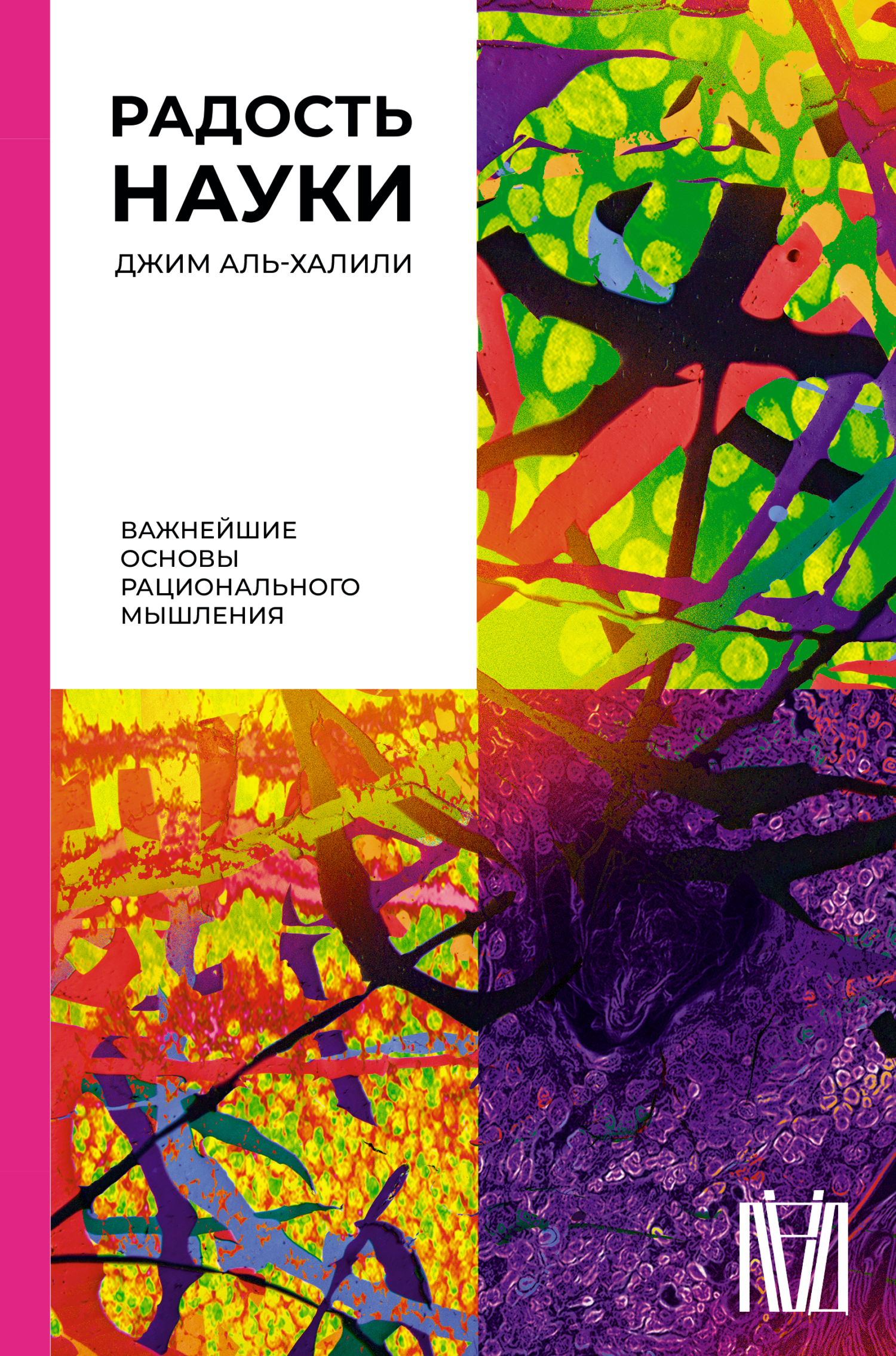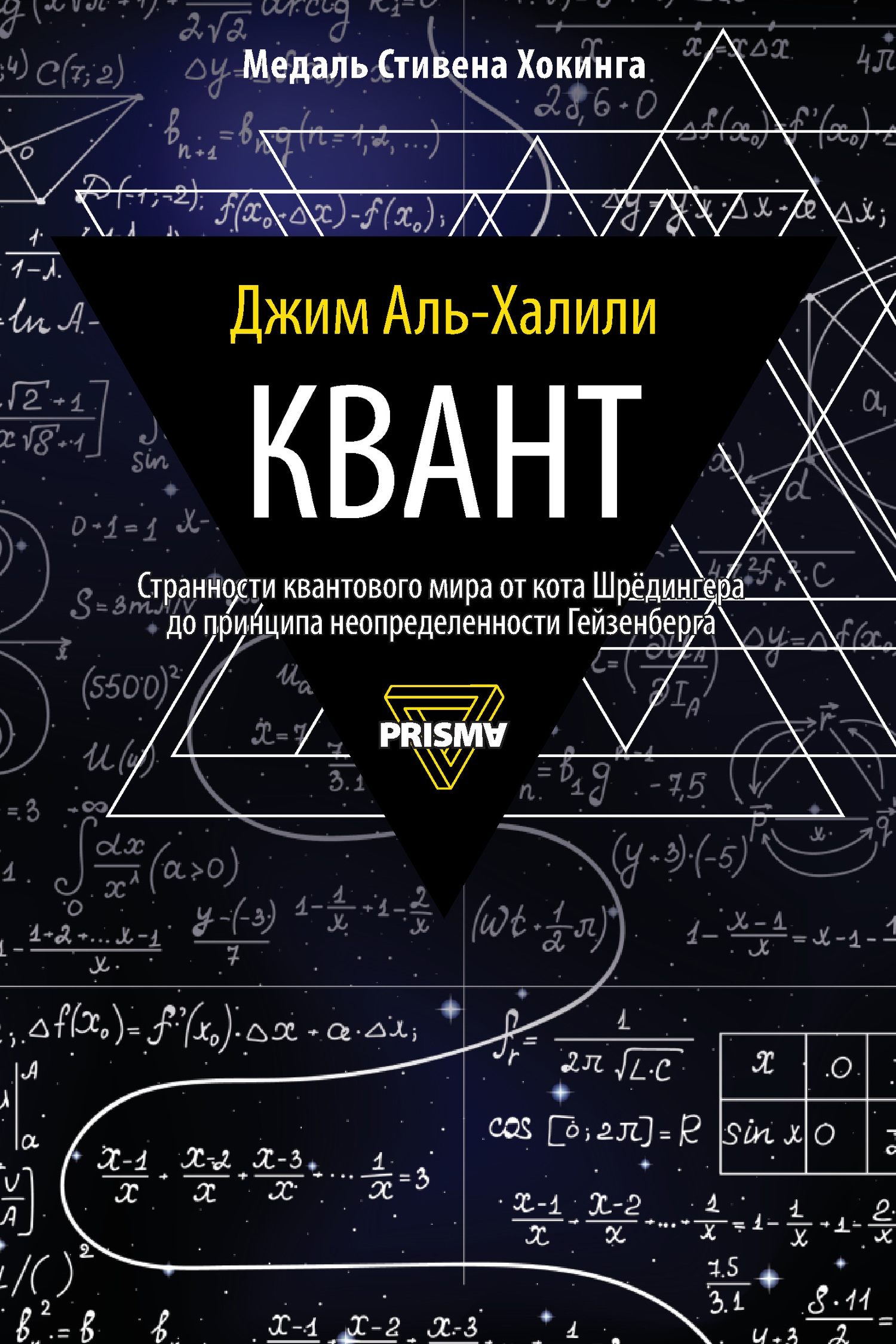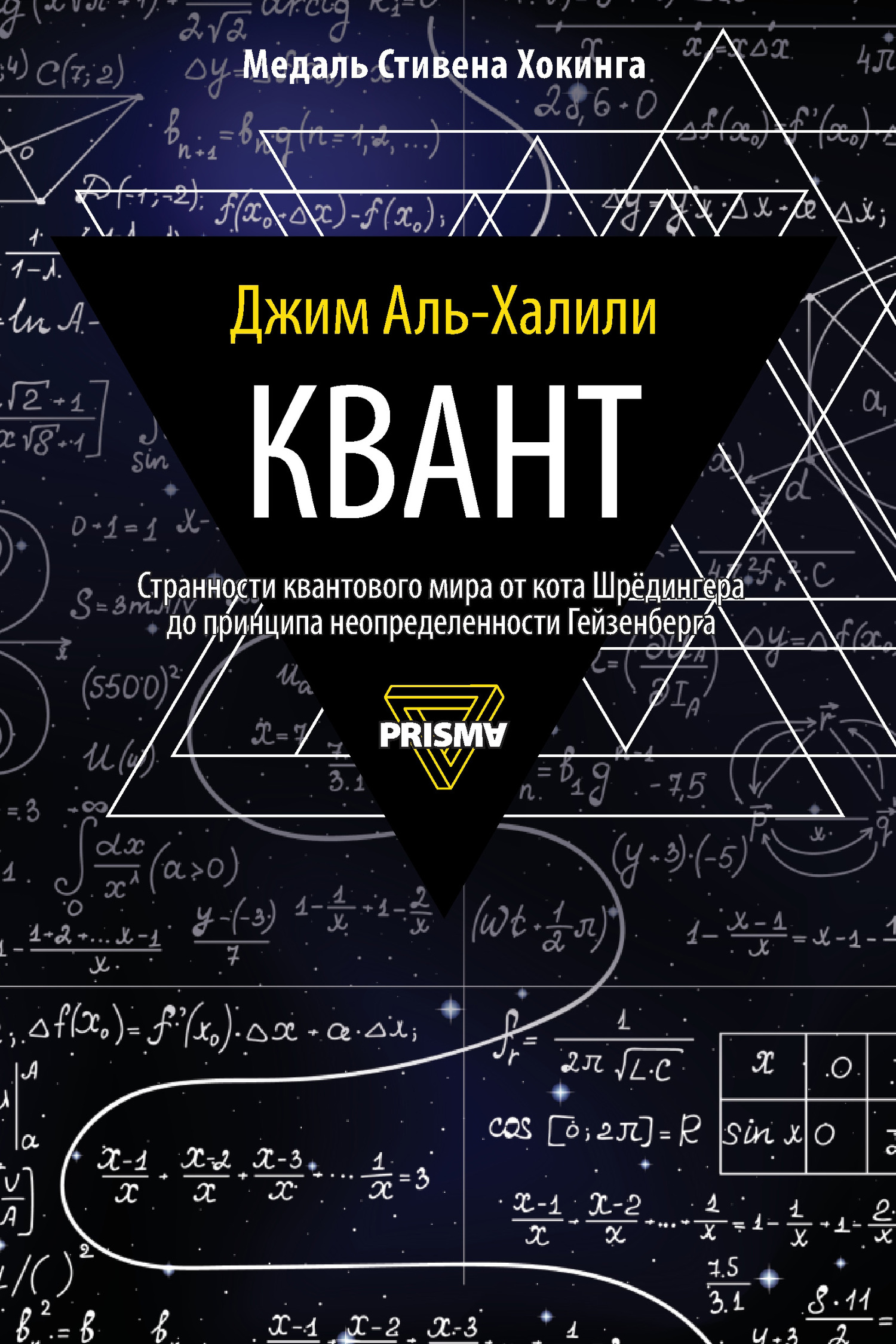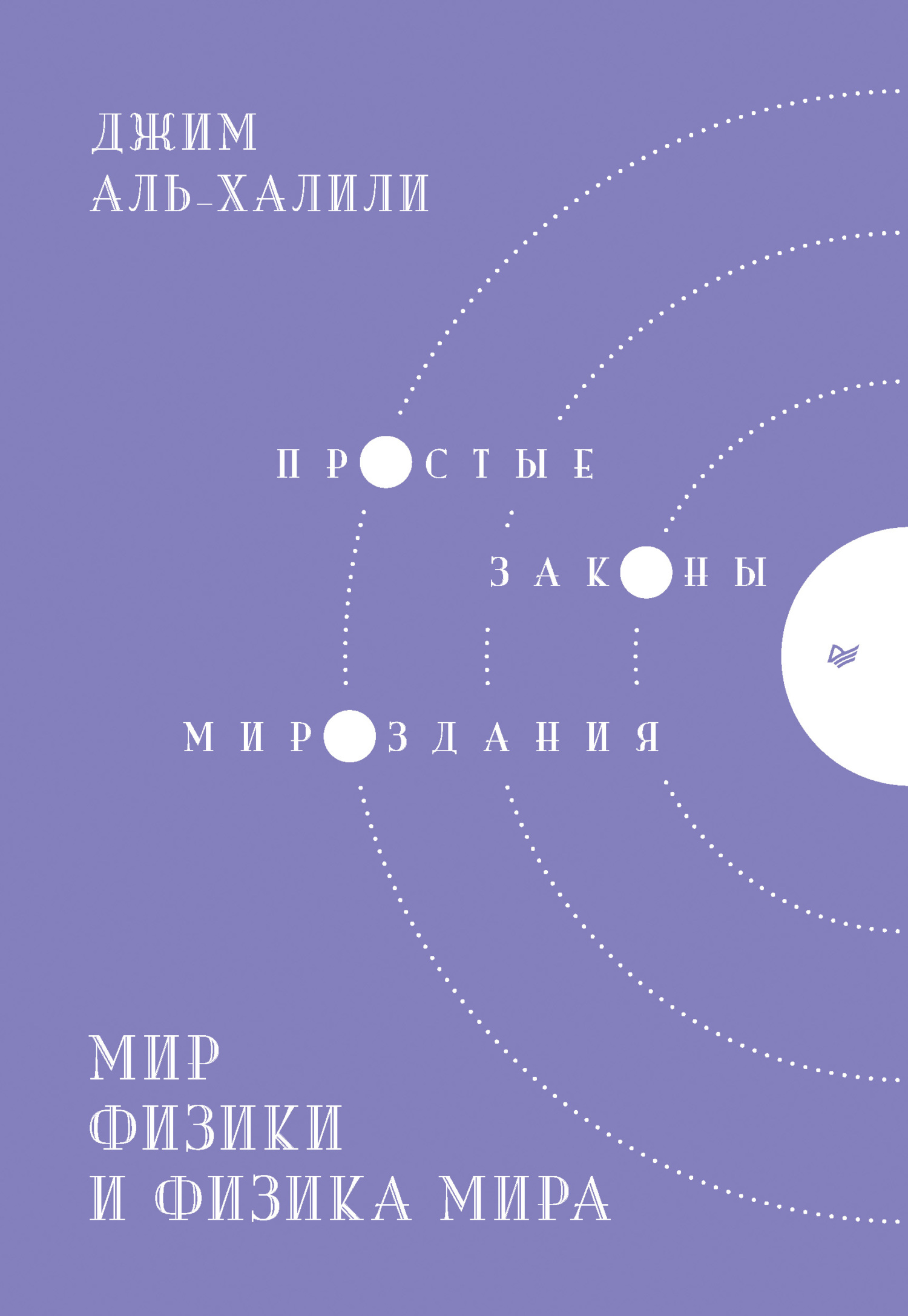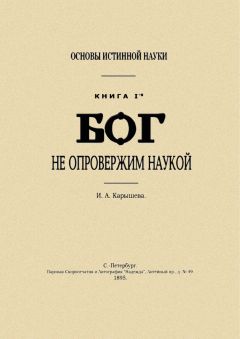COVID-19 public health emergency.”
Psychological Medicine 1–7 (2020). https://doi.org/10.1017/S003329172000224X
12. Anderson, Craig A. “Abstract and concrete data in the perseverance of social theories: When weak data lead to unshakeable beliefs.” Journal of Experimental Social Psychology 19, no. 2 (1983): 93–108. https://doi.org/10.1016/0022–1031 (83) 90031–8
13. Bail, Christopher A., Lisa P. Argyle, Taylor W. Brown, John P. Bumpus, Haohan Chen, M. B. Fallin Hunzaker, Jaemin Lee, Marcus Mann, Friedolin Merhout and Alexander Volfovsky. “Exposure to opposing views on social media can increase political polarization.” PNAS 115, no. 37 (2018): 9216–21. https://doi.org/10.1073/pnas.1804840115
14. Baumberg, Jeremy J. The Secret Life of Science: How It Really Works and Why It Matters. Princeton, NJ: Princeton University Press, 2018.
15. Baumeister, Roy F., and Kathleen D. Vohs, eds. Encyclopedia of Social Psychology. Thousand Oaks, CA: SAGE Publications, 2007.
16. Bergstrom, Carl T., and Jevin D. West. Calling Bullshit: The Art of Scepticism in a Data-Driven World. London: Penguin, 2021.
17. Boring, Edwin G. “Cognitive dissonance: Its use in science.” Science 145, no. 3633 (1964): 680–85. https://doi.org/10.1126/science.145.3633.680
18. Boxell, Levi, Matthew Gentzkow, and Jesse M. Shapiro. “Cross-country trends in affective polarization.” NBER Working Paper no. w26669 (2020). Доступно на SSRN: https://ssrn.com/abstract=3522318
19. Boxell, Levi, Matthew Gentzkow, and Jesse M. Shapiro. “Greater Internet use is not associated with faster growth in political polarization among US demographic groups.” PNAS 114, no. 40 (2017): 10612–17. https://doi.org/10.1073/pnas.1706588114
20. Broughton, Janet. Descartes’s Method of Doubt. Princeton, NJ: Princeton University Press, 2002. htttp: www.jstor.org/stable/j.ctt7t43f
21. Cohen, Morris R., and Ernest Nagel. An Introduction to Logic and Scientific Method. London: Routledge & Sons, 1934.
22. Cohen, Stanley. States of Denial: Knowing About Atrocities and Suffering. Cambridge, UK: Polity Press, 2000.
23. Cooper, Joel. Cognitive Dissonance: 50 Years of a Classic Theory. Thousand Oaks, CA: SAGE Publications, 2007.
24. d’Ancona, Matthew. Post-Truth: The New War on Truth and How to Fight back. London: Ebury Publishing, 2017.
25. Domingos, Pedro. “The role of Occam’s razor in knowledge discovery.” Data Mining and Knowledge Discovery 3 (1999): 409–25. https://doi.org/10.1023/A:1009868929893
26. Donnelly, Jack, and Daniel J. Whelan. International Human Rights. 6th ed. New York: Routledge, 2020.
27. Douglas, Heather E. Science, Policy, and the Value-FreeI deal. Pittsburgh: University of Pittsburgh Press, 2009.
28. Dunbar, Robin. The Trouble with Science. Reprint ed. Cambridge, MA: Harvard University Press, 1996.
29. Dunning, David. Self-Insight: Roadblocks and Detours on the Path to Knowing Thyself. Essays in Social Psychology. New York: Psychology Press, 2005.
30. Festinger, Leon. “Cognitive dissonance.” Scientific American 207, no. 4 (1962): 93–106. http://www.jstor.org/stable/24936719
31. Festinger, Leon. A Theory of Cognitive Dissonance. Reprint ed. Redwood City, CA: Stanford University Press, 1962. First published 1957 by Row, Peterson & Co. (New York).
32. Goertzel, Ted. “Belief in conspiracy theories.” Political Psychology 15, no. 4 (1994): 731–42. www.jstor.org/stable/3791630
33. Goldacre, Ben. I Think You’ll Find It’s a Bit More Complicated Than That. London: 4th Estate, 2015.
34. Harris, Sam. The Moral Landscape: How Science Can Determine Human Values. London: Bantam Press, 2011.
35. Head, Megan L., Luke Holman, Rob Lanfear, Andrew T. Kahn, and Michael D. Jennions. “The extent and consequences of p-hacking in science.” PLoS Biology 13, no. 3 (2015): e1002106. https://doi.org/10.1371/journal.pbio.1002106
36. Heine, Steven J., Shinobu Kitayama, Darrin R. Lehman, Toshitake Takata, Eugene Ide, Cecilia Leung, and Hisaya Matsumoto. “Divergent consequences of success and failure in Japan and North America: An investigation of self-improving motivations and malleable selves.” Journal of Personality and Social Psychology 81, no. 4 (2001): 599–615. https://doi.org/10.1037/0022–3514.81.4.599
37. Higgins, Kathleen. “Post-truth: A guide for the perplexed.” Nature 540 (2016): 9. https://www.nature.com/news/polopolyfs/1.21054!/menu/main/topColumns/topLeftColumn/pdf/540009a.pdf
38. Isenberg, Daniel J. “Group polarization: A critical review and meta-analysis.” Journal of Personality and Social Psychology 50, no. 6 (1986): 1141–51. https://doi.org/10.1037/0022–3514.50.6.1141
39. Jarry, Jonathan. “The Dunning-Kruger effect Is probably not real.” McGill University Office for Science and Society, December 17, 2020. https://www.mcgill.ca/oss/article/critical-thinking/dunning-kruger-effect-probably-not-real
40. Kahneman, Daniel. Thinking, Fast and Slow. London: Allen Lane, 2011. Reprint: Penguin, 2012.
41. Klayman, Joshua. “Varieties of confirmation bias.” Psychology of Learning and Motivation 32 (1995): 385–418. https://doi.org/10.1016/S0079–7421 (08) 60315–1
42. Klein, Ezra. Why We’re Polarized. New York: Simon & Schuster, 2020.
43. Kruger, Justin, and David Dunning. “Unskilled and unaware of it: How difficulties in recognizing one’s own incompetence lead to inflated self-assessments.” Journal of Personality and Social Psychology 77, no. 6 (1999): 1121–34. https://doi.org/10.1037/0022–3514.77.6.1121
44. Kuhn, Thomas S. The Structure of Scientific Revolutions. 50th anniversary ed. Chicago: University of Chicago Press, 2012.
45. Lewens, Tim. The Meaning of Science: An Introduction to the Philosophy of Science. London: Penguin Press, 2015.
46. Ling, Rich. “Confirmation bias in the era of mobile news consumption: The social and psychological dimensions.” Digital Journalism 8, no. 5 (2020): 596–604. https://doi.org/10.1080/21670811.2020.1766987
47. Lipton, Peter. “Does the truth matter in science?” Arts and Humanities in Higher Education 4, no. 2 (2005):173–83. https://doi.org/10.1177/1474022205051965; Royal Society 2004; Medawar Lecture, “The truth about science.” Philosophical Transactions of the Royal Society B 360, no. 1458 (2005): 1259 69. https://royalsocietypublishing.org/doi/abs/10.1098/rstb.2005.1660
48. Lipton, Peter. “Inference to the best explanation.” In A Companion to the Philosophy of Science, edited by W. H. Newton-Smith, 184–93. Malden, MA: Blackwell, 2000.
49. MacCoun, Robert, and Saul Perlmutter. “Blind analysis: Hide results to seek the truth.” Nature 526 (2015): 187–89. https://doi.org/10.1038/526187a
50. McGrath, April. “Dealing with dissonance: A review of cognitive dissonance reduction.” Social and Personality Psychology Compass 11, no. 12 (2017): 1–17. https://doi.org/10.1111/spc3.12362
51. McIntyre, Lee. Post-Truth. Cambridge, MA: The MIT Press, 2018.
52. Nickerson, Raymond S. “Confirmation bias: A ubiquitous phenomenon in many guises.” Review of General Psychology. 2, no. 2 (1998): 175–220. https://doi.org/10.1037/1089–2680.2.2.175
53. Norgaard, Kari Marie. Living in Denial: Climate Change, Emotions, and Everyday Life. Cambridge, MA: The MIT Press, 2011. JSTOR: http://www.jstor.org/stable/j.ctt5hhfvf
54. Oreskes, Naomi. Why Trust Science? Princeton, NJ: Princeton University Press, 2019.
55. Pinker, Steven. The Better Angels of Our Nature: Why Violence Has Declined. New York: Viking Books, 2011.
56. Popper, Karl R. The Logic of Scientific Discovery. London: Hutchinson & Co., 1959; London and New York: Routledge, 1992. Original title: Logik der Forschung: Zur Erkenntnistheorie der modernen Naturwissenschaft. Vienna: Julius Springer, 1935.
57. Radnitz, Scott, and Patrick Underwood. “Is belief in conspiracy theories pathological? A survey experiment on the cognitive roots of extreme suspicion.” British Journal of Political Science 47, no. 1 (2017): 113–29. https://doi.org/10.1017/S0007123414000556
58. Ritchie, Stuart. Science Fictions: Exposing Fraud, Bias, Negligence and Hype in Science. London: The Bodley Head, 2020.
59. Sagan, Carl. The Demon-Haunted World: Science as a Candle in the Dark. New York: Random House, 1995. Reprint, New York: Paw Prints, 2008.
60. Scheufele, Dietram A., and Nicole M. Krause. “Science audiences, misinformation, and fake news.” PNAS 116, no. 16 (2019): 7662–69. https://doi.org/10.1073/pnas.1805871115
61. Schmidt, Paul F. “Some criticisms of cultural relativism.” The
